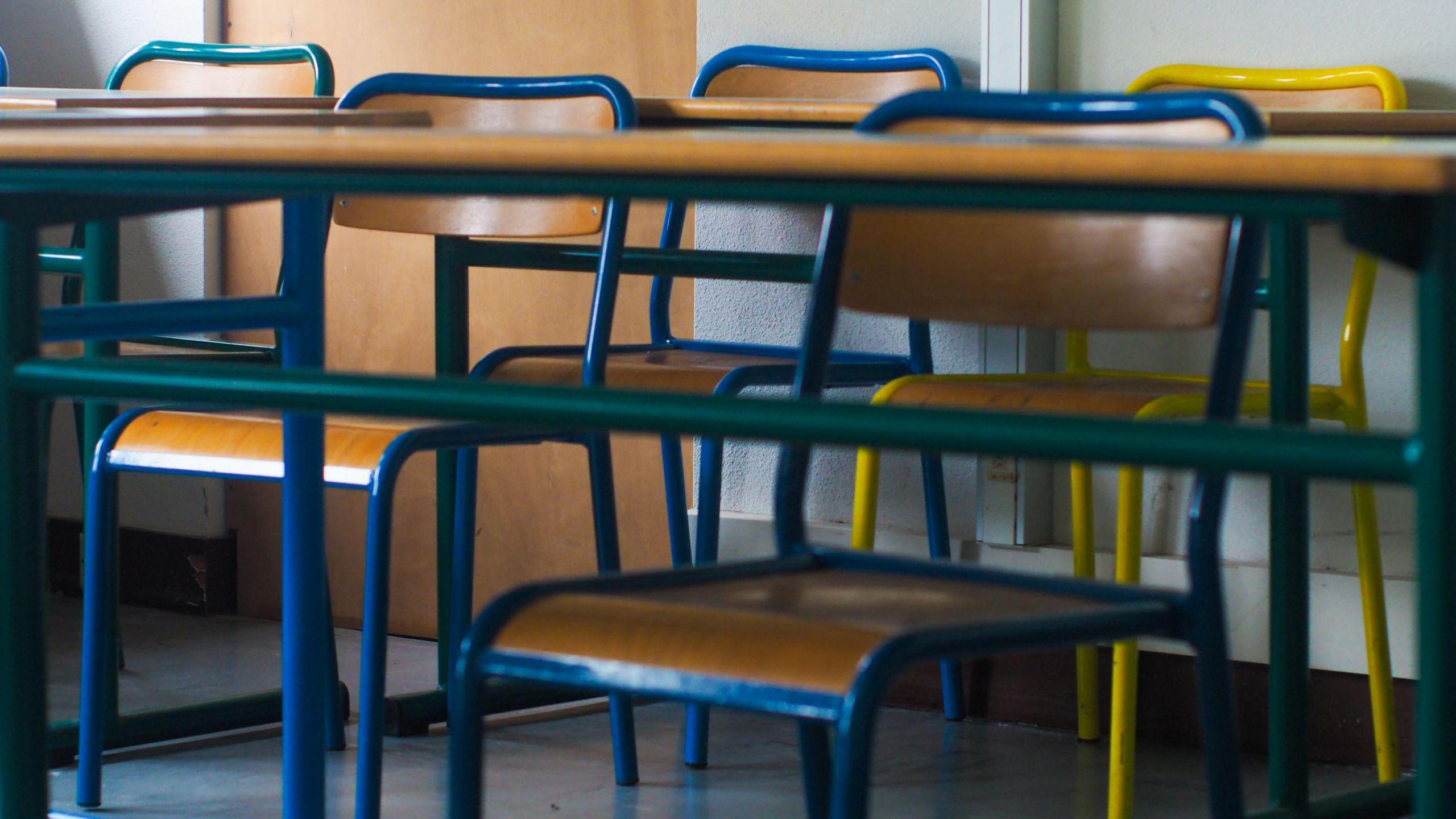Private school calls VAT increase the final straw
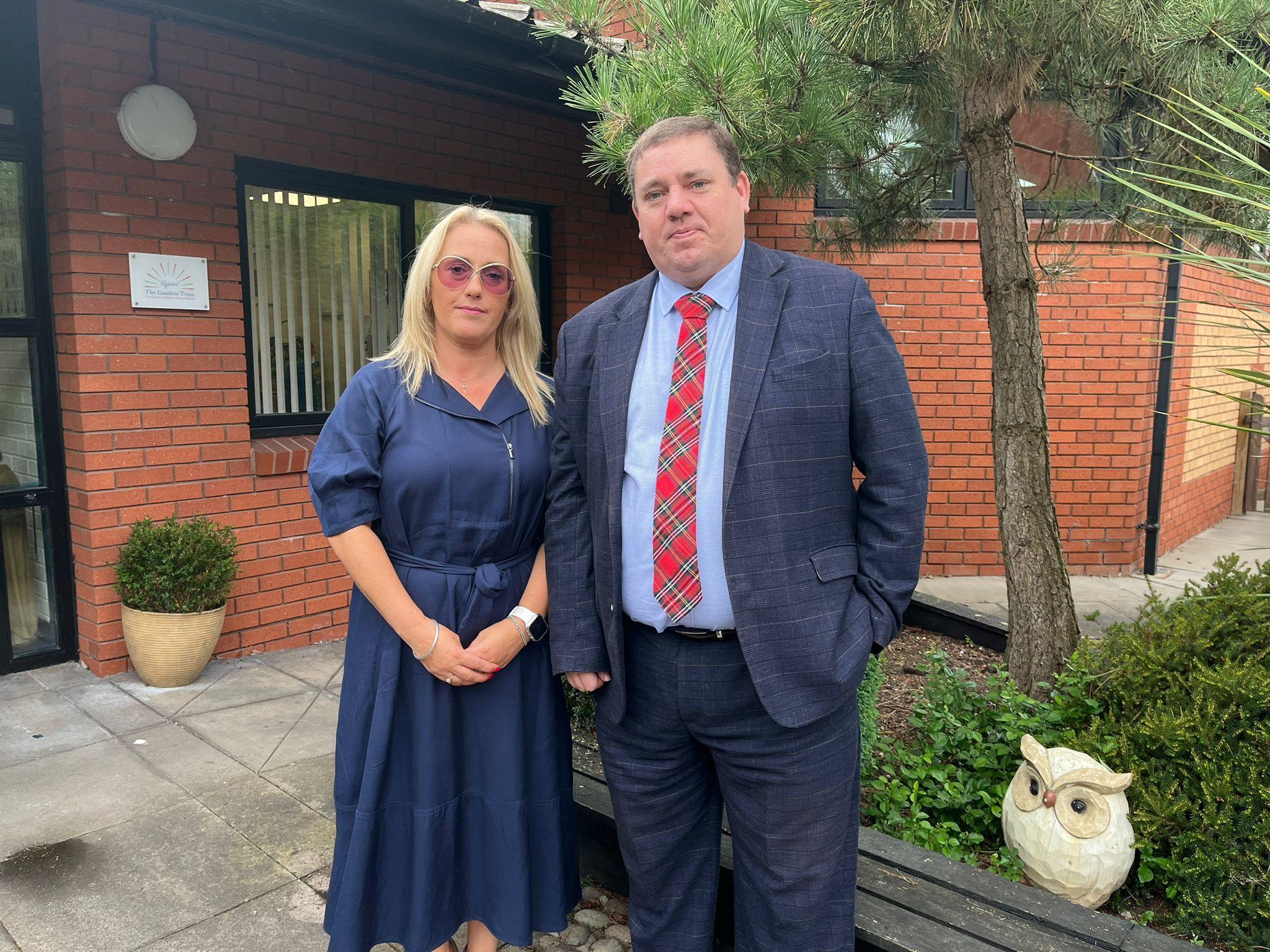
Chair of Governors Loraine Atherton said parents were praying for a miracle while head teacher Dan Hood described the situation facing teachers and pupils as dreadful
- Published
The head teacher of a private school which is set to close has described the Government’s planned VAT increase on fees as a "final straw" leading to a "dreadful" outcome.
Amid trustees' admission of "financial challenges", St Joseph’s Preparatory School in Stoke-on-Trent announced this week it would shut for good on 31 December, leaving staff in need of a new job and pupils in need of a new provider.
VAT at the standard rate of 20% is to be charged on private school fees from 1 January.
The government says the move will fund 6,500 new state school teachers in England.
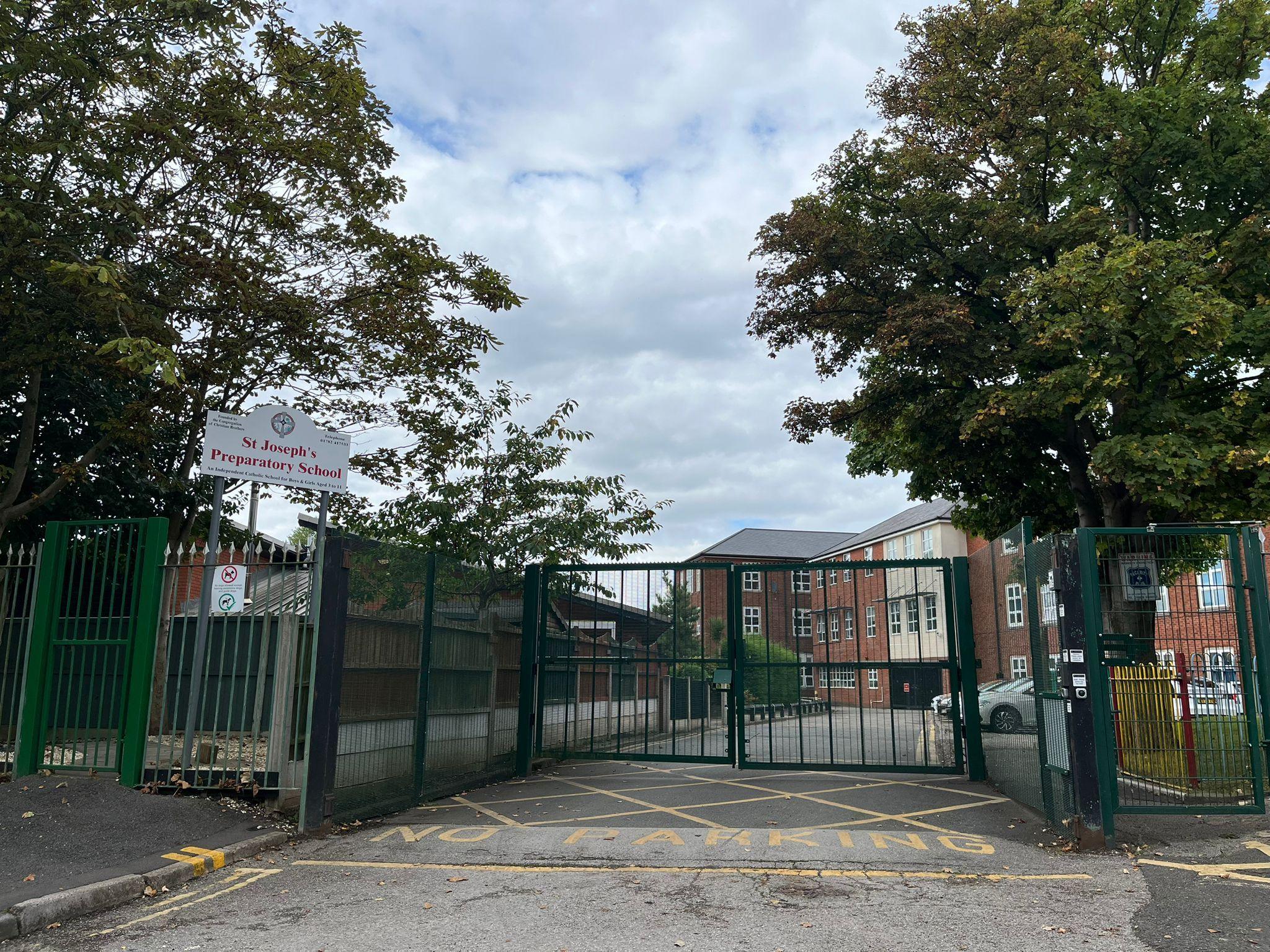
St Joseph's Preparatory School on Rookery Lane is set to close at the end of the year
The Catholic school, which opened in 1980, charges up to £3,400 a term, and while it has a capacity of 111 pupils, only 70 are on the books this term.
Headteacher Dan Hood, who has been a member of staff for 21 years, said he was “absolutely heartbroken” over the closure.
He said: “We’ve had a really tough few years. There’s been the increase in teacher’s pension and we had to increase our number of bursaries.
“I hoped we would be able to get through it, but the introduction of VAT and the reduction of business rates is the straw that will break the camel’s back.
“We are not in a position to absorb 20% VAT increases, we have struggled as it is.
“I’ve got 22 staff that will now need to find a new job and I’ve got 70 children that need a new school. It is dreadful for all concerned.”
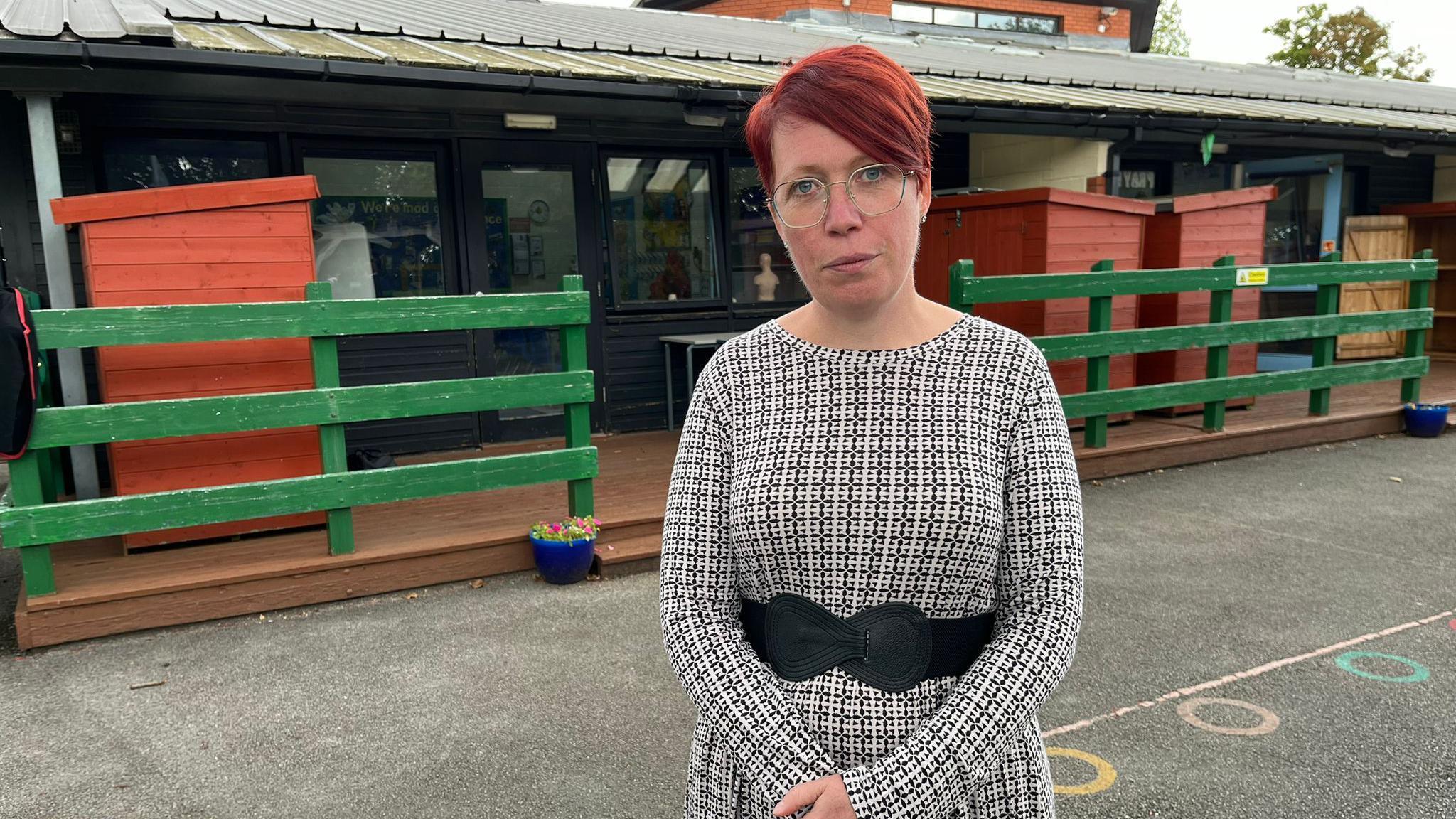
Parent and teacher Hayley Crew said she had found her son a place at a state school
Hayley Crew, a parent and a teacher at St Joseph's, said: “Not only has my child lost his school, but potentially I am being made redundant by Christmas.
“Luckily I have found my son a state school with space but it has been really difficult.
“Never in my wildest dreams did I imagine this.”
Private schools have previously not had to charge VAT on fees because of legal exemption for organisations providing education.
But the new Labour government formed in July, in line with the party's manifesto, pledged to end private schools' VAT exemption and, where applicable, business rate relief.
The Institute for Fiscal Studies (IFS) think tank has calculated the policy would generate an extra £1.3 to 1.5bn per year, after taking into account the estimated cost of accommodating children who might switch from private to state education.
In England, that could allow a 2% increase in state school spending.
The prime minister and the education secretary have both said the policy will not increase class sizes in state schools.
The Independent Schools Council (ISC), which represents more than 1,400 private schools, has warned, however, that private education "fills in gaps in state provision" which is "under an awful lot of pressure", with teaching unions warning of a crisis in teacher recruitment and retention, driven by concerns over pay and workload.
Chair of governors at St Joseph's, Loraine Atherton, said of the mood at the school this term: “Some parents have turned up at the gates... praying for a miracle.
“The reality is we have parents who will be forced back into the state sector.”
Gareth Snell, Labour MP for Stoke-on-Trent Central, said: “I will be doing everything I can to ensure any children who need a school place are supported.
“I want to see every school in Stoke-on-Trent have the resources it needs to give our young people the very best opportunities to thrive.”
Follow BBC Stoke & Staffordshire on Facebook, external, X, external and Instagram, external. Send your story ideas to: newsonline.westmidlands@bbc.co.uk, external
Related topics
- Published3 September 2024
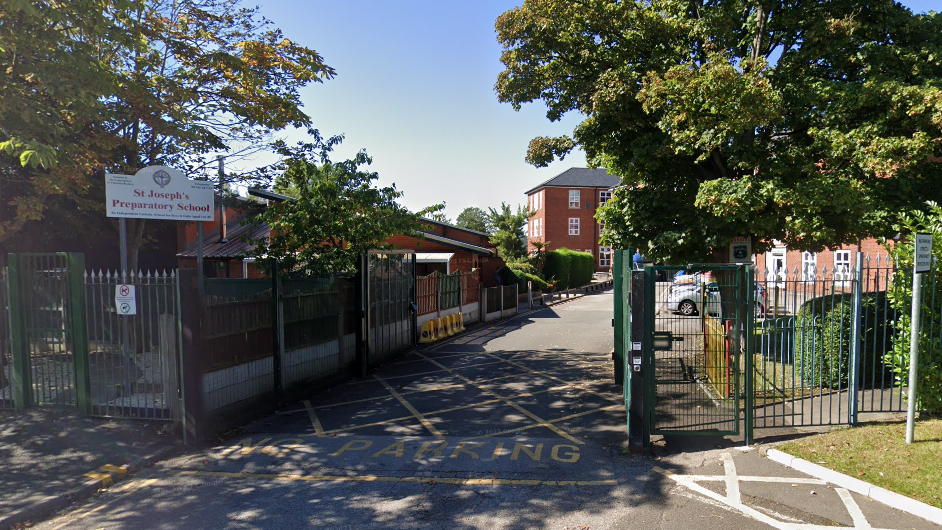
- Published15 May
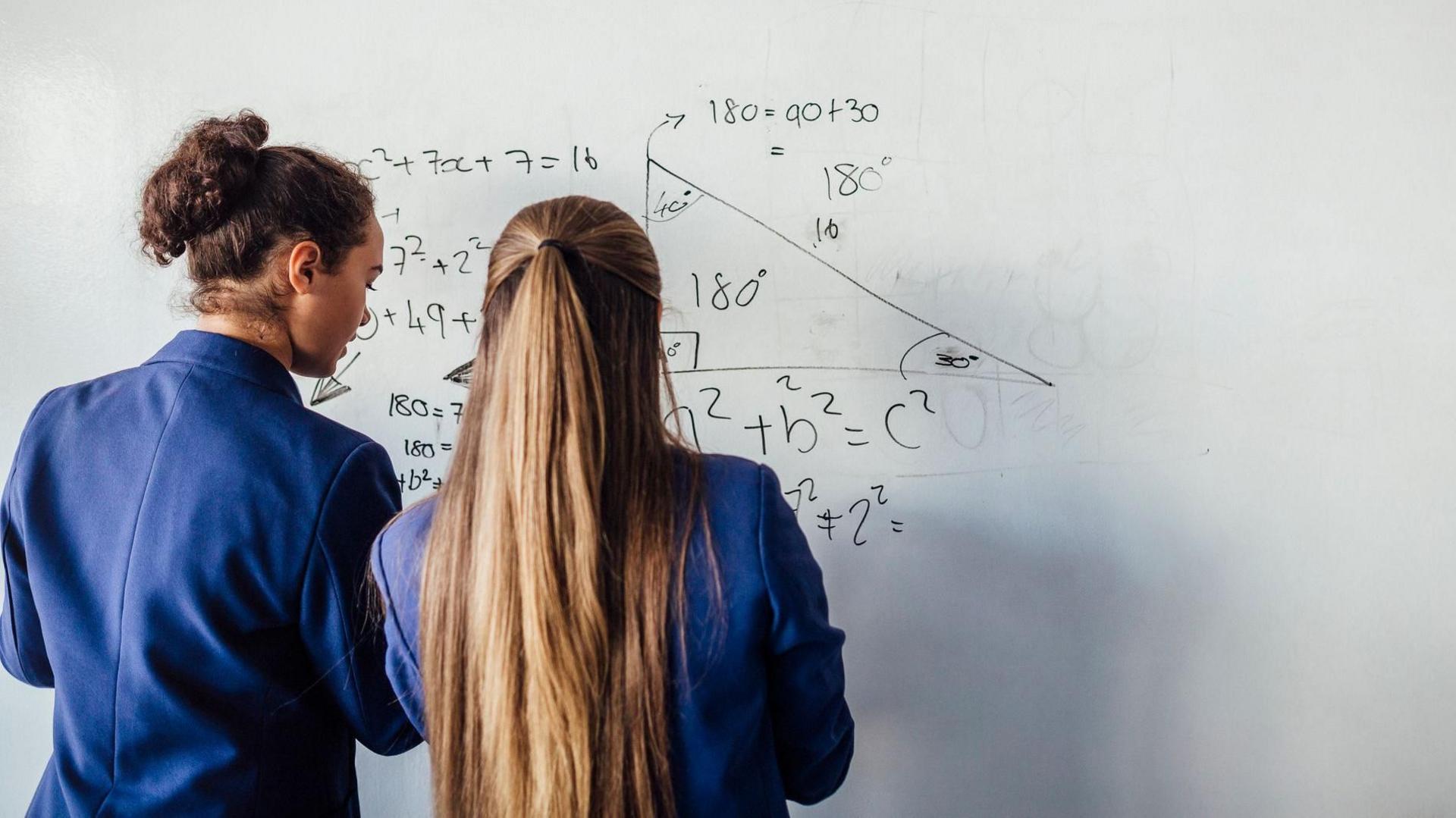
- Published4 September 2024
